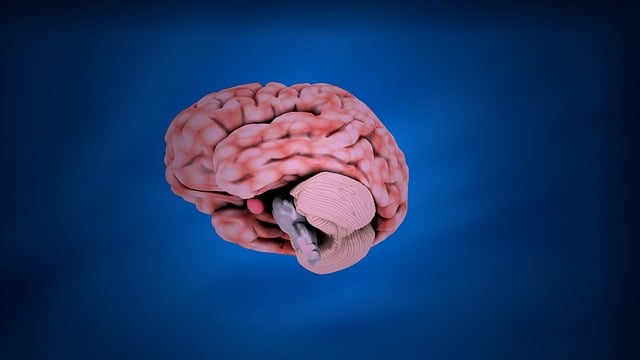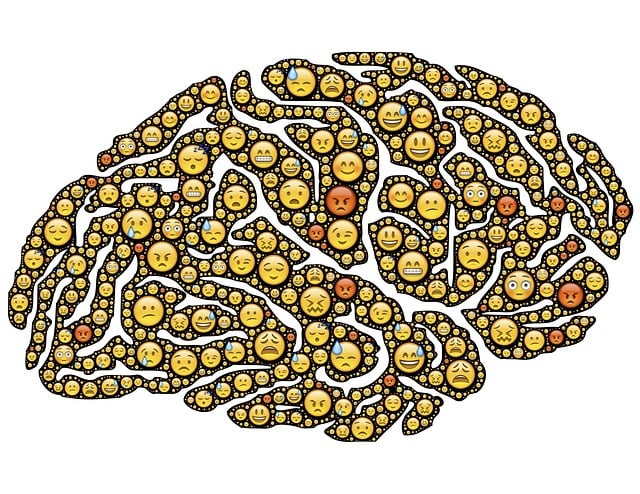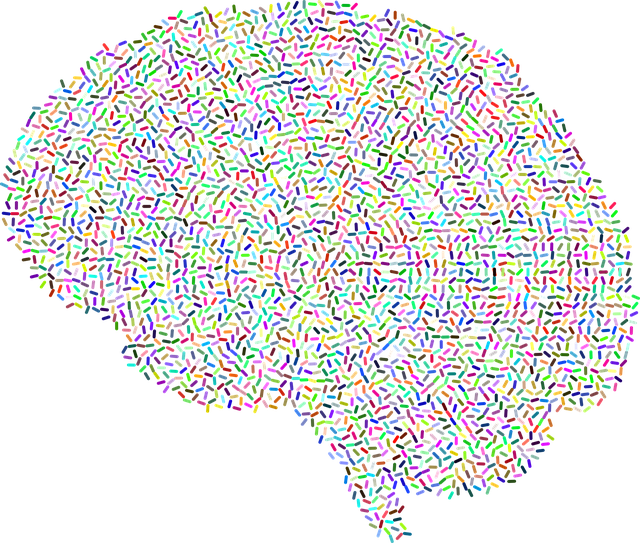Grief is a complex response to loss, impacting individuals uniquely. Superior Eating Disorders Therapy offers bereavement counseling utilizing mindfulness meditation and structured self-care to create safe emotional processing spaces. This approach aids in managing prolonged grief, depression, and anxiety by fostering resilience and developing meaningful coping rituals. Through tailored programs, clients heal from loss, overcome challenges, reduce mental health stigma, and regain hope.
Loss, grief, and bereavement counseling are essential aspects of mental health support, guiding individuals through one of life’s most sensitive journeys. This article explores the profound impact of loss on mental well-being, offering insights into recognizing distressing signs. We delve into counseling as a powerful tool for healing, presenting effective strategies to assist those in distress. Furthermore, we emphasize the importance of fostering hope and resiliency, providing valuable support throughout the grieving process, ensuring individuals find superior eating disorders therapy and emotional recovery.
- Understanding Loss, Grief, and Bereavement: A Sensitive Journey
- The Impact of Loss on Mental Health: Recognizing the Signs
- Counseling as a Tool for Healing: Strategies and Techniques
- Finding Hope and Resiliency: Supporting Individuals through Grief
Understanding Loss, Grief, and Bereavement: A Sensitive Journey

Understanding loss, grief, and bereavement is a delicate journey that requires compassion and sensitivity. When facing the death of a loved one, individuals often experience a complex web of emotions, from profound sadness to anger, guilt, and even relief. This intricate process, known as grief, is a natural response to loss and can vary greatly from person to person. It’s not just about mourning the absence of someone physically; it involves processing memories, adapting to life without them, and finding new purpose.
The path to healing during times of bereavement is often unique for each individual. Some may find solace in sharing stories, while others prefer solitude. Superior Eating Disorders Therapy recognizes that mental health awareness and mindfulness meditation can be valuable tools in navigating these sensitive waters. By incorporating practices like mindfulness into their services, therapy sessions can create a safe space for clients to explore and express their emotions, fostering mental wellness through the production of meaningful self-care rituals.
The Impact of Loss on Mental Health: Recognizing the Signs

The impact of loss can significantly affect an individual’s mental health, often manifesting in various emotional and behavioral changes. When a person experiences the death of a loved one or faces a major life change, it is common to feel overwhelmed by grief. This process involves a range of emotions, from sadness and anger to guilt and denial. While grief is a natural response, prolonged or intense distress can lead to more serious mental health concerns. Recognizing the signs early on is crucial for seeking appropriate support.
Many individuals struggle with emotional healing processes following loss, which may include symptoms such as persistent depression, anxiety, insomnia, or changes in appetite. In some cases, these challenges can mirror those seen in superior eating disorders therapy, where individuals might turn to food or restrictive behaviors as coping mechanisms. Promoting emotional well-being through counseling and support groups can help individuals navigate these difficult emotions. Additionally, social skills training can play a vital role in helping bereaved persons rebuild connections and foster healthy coping strategies within their support networks.
Counseling as a Tool for Healing: Strategies and Techniques

Counseling offers a powerful tool for healing and managing loss, grief, and bereavement. Through various therapeutic strategies, individuals can learn to cope with their emotions, process their experiences, and gradually find peace and acceptance. One effective approach is incorporating mindfulness meditation into counseling sessions. This technique encourages clients to focus on the present moment, reducing rumination on past losses or anxious anticipation of the future. By cultivating awareness, individuals can develop a deeper understanding of their feelings and break free from unhelpful thought patterns associated with grief.
Additionally, Superior Eating Disorders Therapy often intertwines with bereavement counseling as both address emotional vulnerabilities. Counselors may guide clients in adopting self-care routines for better mental health, including structured meal plans, regular exercise, and relaxation practices like yoga or deep breathing exercises. These strategies not only support overall well-being but also act as buffers against heightened anxiety triggered by loss. Ultimately, combining counseling techniques allows individuals to navigate their grief journey with increased resilience and a sense of inner strength.
Finding Hope and Resiliency: Supporting Individuals through Grief

Grief is a complex process that can leave individuals feeling hopeless and overwhelmed. However, through supportive counseling, those experiencing loss can find the strength to navigate their emotions and develop resiliency. This therapeutic journey helps them integrate their feelings and gradually adapt to life after their loved one’s passing. The goal is not to eliminate grief but to help individuals manage their symptoms effectively, allowing them to heal and rediscover hope.
At Superior Eating Disorders Therapy, we understand that grief can manifest in unique ways and impact mental wellness. Our counseling services are tailored to provide a safe space for expression and healing. By incorporating evidence-based practices and focusing on emotional intelligence development, our programs support individuals in overcoming the challenges of bereavement. We aim to reduce the stigma associated with mental illness and foster an environment where people can build resilience and find purpose again.
Loss, grief, and bereavement counseling are essential tools in helping individuals navigate the sensitive journey of healing. By understanding the impact of loss on mental health and employing evidence-based strategies, therapists can support clients in finding hope and resiliency. Counseling offers a safe space to process emotions, adapt to change, and develop coping mechanisms that promote long-term well-being. In today’s digital era, access to superior eating disorders therapy and grief support is more accessible than ever, enabling folks to revolutionize their healing journey and embrace a new chapter with resilience.













